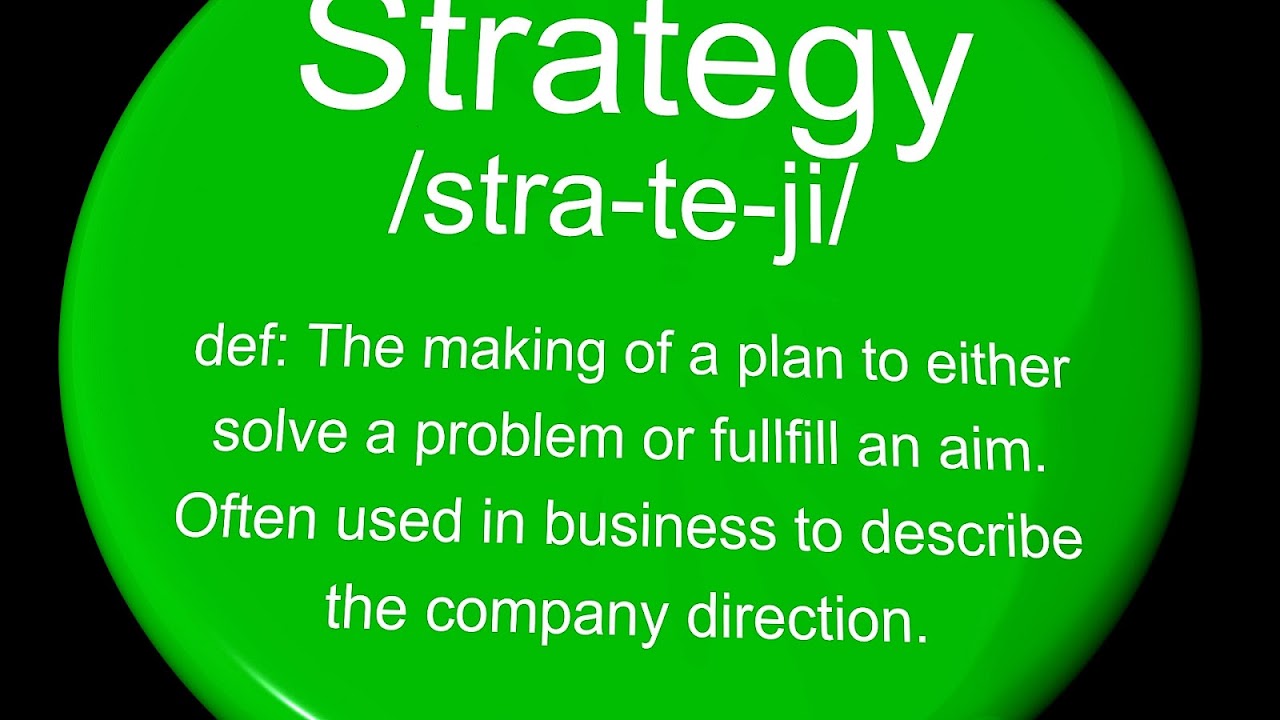
The 7 Habits of Highly Effective People, first published in 1989, is a business and self-help book written by Stephen R. Covey. Covey presents an approach to being effective in attaining goals by aligning oneself to what he calls "true north" principles of a character ethic that he presents as universal and timeless.
Covey's best-known book has sold more than 25 million copies worldwide since its first publication in 1989. The audio version became the first non-fiction audio-book in U.S. publishing history to sell more than one million copies. Covey argues against what he calls "The Personality Ethic", something he sees as prevalent in many modern self-help books. He promotes what he labels "The Character Ethic": aligning one's values with so-called "universal and timeless" principles. Covey adamantly refuses to conflate principles and values; he sees principles as external natural laws, while values remain internal and subjective. Covey proclaims that values govern people's behavior, but principles ultimately determine the consequences. Covey presents his teachings in a series of habits, manifesting as a progression from dependence via independence to interdependence.

Maps, Directions, and Place Reviews
The 7 Habits
The book first introduces the concept of paradigm shift and helps the reader understand that different perspectives exist, i.e. that two people can see the same thing and yet differ with each other. On this premise, it introduces the seven habits in a proper order.
Each chapter is dedicated to one of the habits, which are represented by the following imperatives:
Independence
The First Three Habits surround moving from dependence to independence (i.e., self-mastery):
Interdependence
The next three habits talk about Interdependence (e.g., working with others):
Continuous Improvements
The final habit is that of continuous improvement in both the personal and interpersonal spheres of influence.
Covey explains the "Upward Spiral" model in the sharpening the saw section. Through our conscience, along with meaningful and consistent progress, the spiral will result in growth, change, and constant improvement. In essence, one is always attempting to integrate and master the principles outlined in The 7 Habits at progressively higher levels at each iteration. Subsequent development on any habit will render a different experience and you will learn the principles with a deeper understanding. The Upward Spiral model consists of three parts: learn, commit, do. According to Covey, one must be increasingly educating the conscience in order to grow and develop on the upward spiral. The idea of renewal by education will propel one along the path of personal freedom, security, wisdom, and power.
The 8th Habit
Reception
The 7 Habits of Highly Effective People has sold more than 25 million copies in 40 languages worldwide, and the audio version has sold 1.5 million copies, and remains one of the best selling nonfiction business books. In August 2011 Time listed 7 Habits as one of "The 25 Most Influential Business Management Books".
U.S. President Bill Clinton invited Covey to Camp David to counsel him on how to integrate the book into his presidency.
Principles Of Effective Leadership Video
Abundance Mentality
Covey coined the idea of abundance mentality or abundance mindset, a concept in which a person believes there are enough resources and successes to share with others. He contrasts it with the scarcity mindset (i.e., destructive and unnecessary competition), which is founded on the idea that, if someone else wins or is successful in a situation, that means you lose; not considering the possibility of all parties winning (in some way or another) in a given situation (see zero-sum game). Individuals with an abundance mentality reject the notion of zero-sum games and are able to celebrate the success of others rather than feel threatened by it.
Since this book's publishing, a number of books appearing in the business press have discussed the idea. Covey contends that the abundance mentality arises from having a high self-worth and security (see Habits 1, 2, and 3), and leads to the sharing of profits, recognition and responsibility. Organizations may also apply an abundance mentality when doing business.

Adaptations
Sean Covey (Stephen's son) has written a version of the book for teens, The 7 Habits of Highly Effective Teens. This version simplifies the 7 Habits for younger readers so they can better understand them. In September 2006, Sean Covey also published The 6 Most Important Decisions You Will Ever Make: A Guide for Teens. This guide highlights key times in the life of a teen and gives advice on how to deal with them.
Source of the article : Wikipedia


EmoticonEmoticon